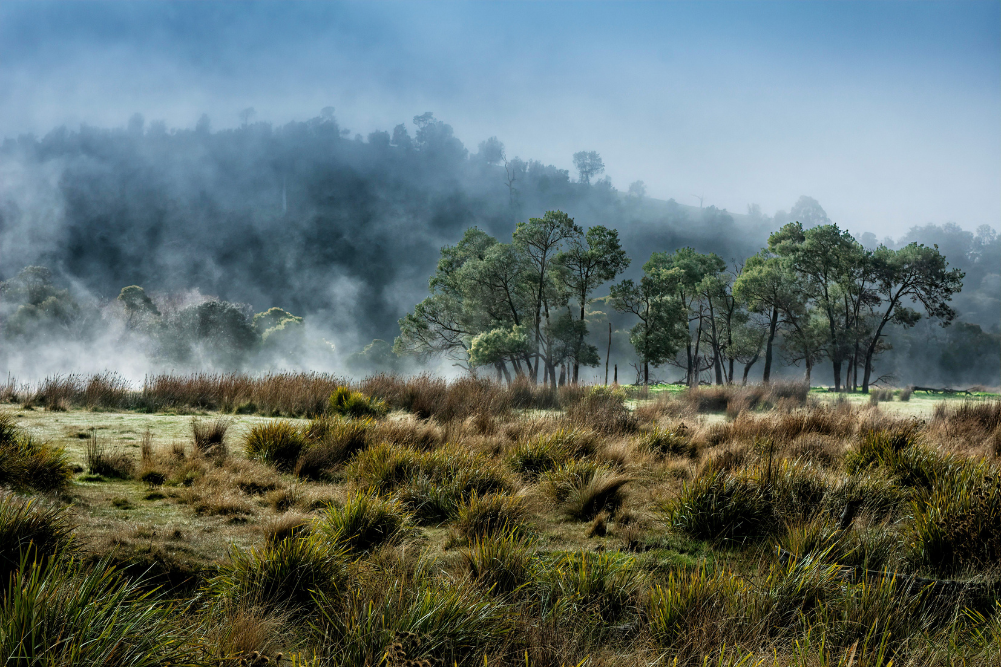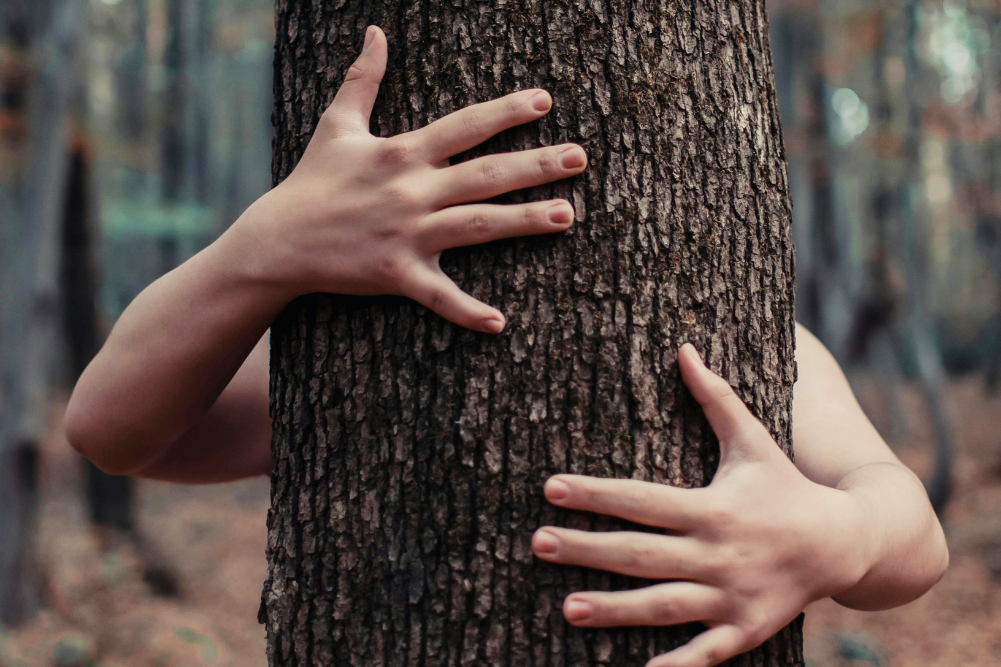Food wastage and environmental impact can be reduced by improving logistics
We waste a lot of food. The amount of food that we throw away is phenomenal. While most food wastage comes from consumers, the logistics system through which food is transported from one place to another; comes a close second.
In Australia, we waste 4 million tonnes of food each year with a cost of 8 billion dollars.
In the EU about 88 million tonnes of food is discarded and the costs associated with food wastage are estimated at 143 billion Euros.
Every year, nearly a quarter of a million tonnes of food is wasted in Sweden, in industry and in retail and that is why Swedish researcher, Kristina Liljestrand decided to do something about it.
Food waste refers to disposal of food even though it is fit for human consumption. Its affects the environment by increasing resource usage and consumption of energy and also becomes a concern for FSC companies, as such wastage affects costs.
Through her research she worked out a way for the logistic and transport industry to reduce their environmental impact in terms of food wastage and carbon emissions from transport.
Her research is unique as there are no previous studies to suggest improvement in logistic actions to combat waste problems.
Liljestrand delivers nine improvement actions in her dissertation through an extensive study of Swedish producers, wholesalers and retailers. It addresses the transport systems impact on climate and food waste and places emphasis on all actors involved in the food supply chain (FSC).
Liljestrand concludes that collaboration is necessary to establish improvement actions as there are several stages in the supply chain and it’s hard for just one company to work alone to reduce the impact.
The research focuses on two aspects of the FSC that can affect the environmental impact of an established logistics system and can hinder the establishment of improvement actions.
These are: FSC characteristics such as shelf life, temperature regime and specific food characteristics which help create conditions for a logistics system; and performance variables such as requirements around lead times and flexibility which can conflict with the FSC actor’s ability to reduce environmental impact.
The thesis is a result of five separate studies and the compilation, empirical data collection from case studies and analysis which delivers eighth characteristics regarding supply chain flow and products.
Two important frameworks were developed to explain how all players in the FSC can reduce transports impact on climate: one framework was for evaluating the shipments potential to lower the impact of transport on climate; and another framework was developed to aid in selecting improvement actions that can mitigate that impact.
As there are many factors involved in transporting food, the logistics system can be complex and huge. The two frameworks provide a starting point and a tool for a company to be able to see where and how they can reduce food waste and associated environmental impact while decreasing carbon emissions.
Kristina also incorporated an economic factor in her study and says that by making changes in load factor and intermodal transport, one can reduce environmental impact and thus reduce costs.
Food loss and food waste is a serious issue that affects our planet and its environment. We can take steps at an individual level to reduce food wastage, but now with Kristina’s research, companies can design logistic systems that can do the same.
Source: Chalmers Publication Library








